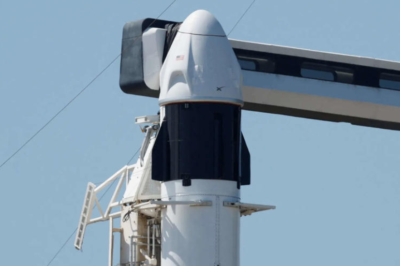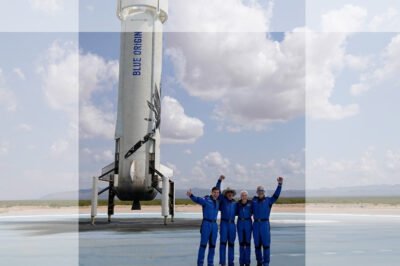As the shadow of climate change looms larger with each passing year, recent data reveals a concerning trend: the average global temperature for the past nine years has consistently been the warmest on record, reaching approximately 1.4 degrees Celsius above the pre-industrial baseline. With greenhouse gas concentrations at unprecedented levels, the urgency to evaluate our collective efforts in combating climate change has never been greater. Are the policies and initiatives currently in place sufficient to curb this alarming rise, or are we merely scratching the surface of what needs to be done?
The Escalating Climate Crisis:
The past decade has shattered temperature records, highlighting a rapid acceleration in global warming. This relentless rise in temperatures underscores the potent effect of accumulating greenhouse gases in the atmosphere—a byproduct of decades of industrialization and fossil fuel dependency. These conditions not only exacerbate weather extremes but also threaten biodiversity, food security, and freshwater resources globally.
Global Responses and Initiatives:
In response to these dire warnings, nations around the world have convened at various summits, most notably the Paris Agreement, committing to significant reductions in carbon emissions. Renewable energy adoption has increased, and there are concerted efforts toward deforestation prevention and ecosystem restoration. However, the pace and scale of these actions often fall short of the targets set by scientific communities.
Challenges and Barriers to Effective Action:
One of the greatest challenges in addressing climate change is the uneven commitment across countries. While some nations pledge robust action and innovate in green technologies, others lag due to economic constraints or political reluctance. Moreover, the transition to a low-carbon economy is fraught with challenges, including job displacement in traditional energy sectors and the high costs of sustainable technologies.
The Role of Technology and Innovation:
Advancements in technology could play a crucial role in leapfrogging older, more polluting processes. From carbon capture and storage (CCS) to advanced nuclear solutions and green hydrogen, these technologies hold the promise of reducing global dependencies on fossil fuels. However, the deployment of such technologies is not yet at scale and requires significant investment and international cooperation.
Conclusion:
As the planet continues to warm at an alarming rate, the window for effective action narrows. The decisions we make in the next few years will likely determine the livability of Earth for future generations. It is imperative to not only continue our current efforts but also to significantly enhance them, embracing both technological advancements and sweeping policy changes. The fight against climate change is a marathon, not a sprint, and it demands unwavering commitment from all sectors of society.




































































Leave a Reply